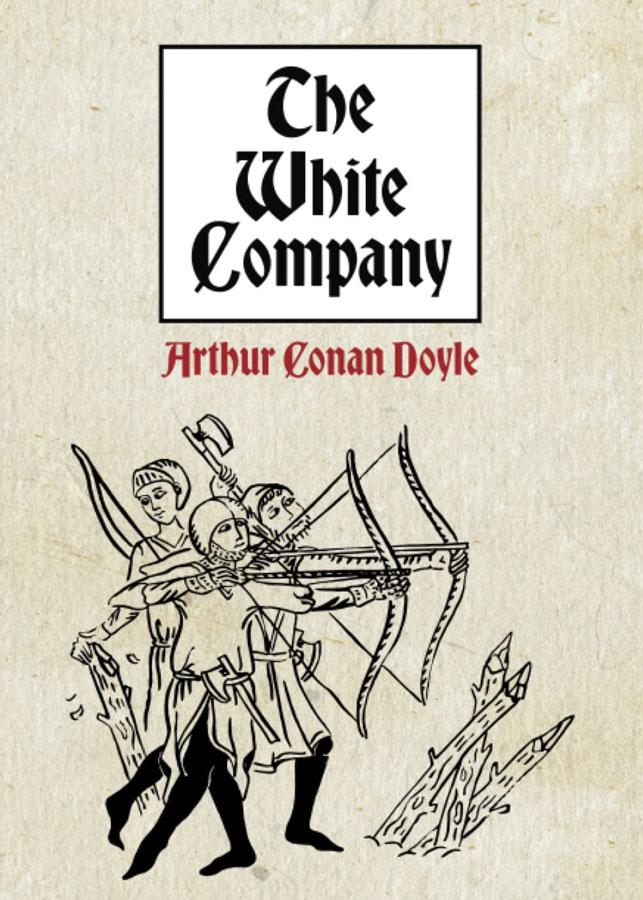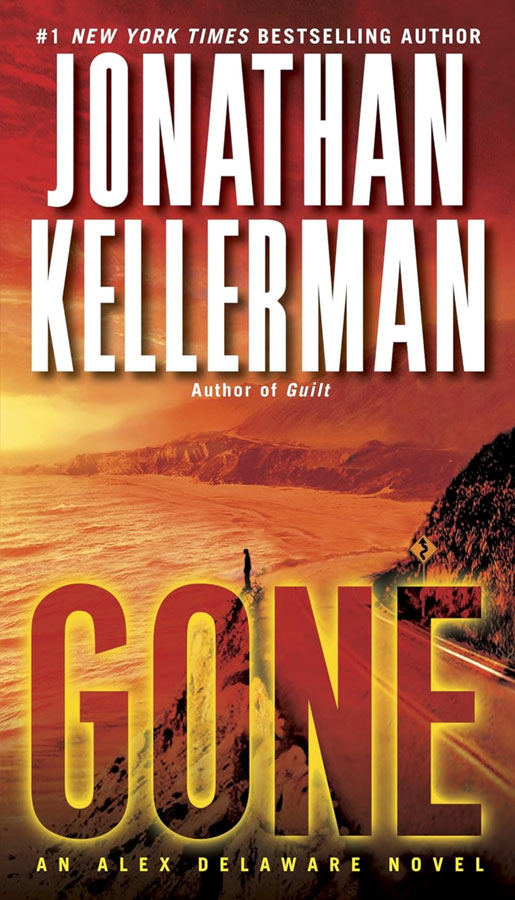Today’s Post by Joe Farace
I probably do have an obsessive personality, but striving for perfection has served me well. — Tom Ford
 I have always been obsessive about certain book authors. For example, in high school I discovered Sherlock Holmes and felt compelled to read everything that Arthur Conan Doyle wrote about the famous detective. Later on, as a young man I became interested in field archery and someone told me about Conan Doyle’s historical novels, such as The White Company that prominently features archers. Then, of course, I had to read all of Doyle’s other historical novels starting with Sir Nigel, its prequel.
I have always been obsessive about certain book authors. For example, in high school I discovered Sherlock Holmes and felt compelled to read everything that Arthur Conan Doyle wrote about the famous detective. Later on, as a young man I became interested in field archery and someone told me about Conan Doyle’s historical novels, such as The White Company that prominently features archers. Then, of course, I had to read all of Doyle’s other historical novels starting with Sir Nigel, its prequel.
I get obsessive about more modern authors too. After Mary introduced me to the world of Willem Kent Krueger with her gift of an autographed copy of Spirit Crossing, I was driven to read his early works mainly because his books revolve around a family and looking at the early books shows how the family has evolved and grown.
By the way, of all the autographed books that I own, Krueger’s signature has the most attractive and legible handwriting. (Michael Connelly’s, whose books I love, is mostly just a scrawl.
Three by Kellerman
As I mentioned in the last book club, many years ago I fell in love with Jonathan Kellerman mysteries. Recently, armed with a chronological list of all of Kellerman’s books, I went searching on my library’s website to order a bunch of Kellerman]s earlier books. It turned out that many of these were only available as an eBook but I prefer reading a hardbound or paperback, so the first of his books available in physical media was Rage (2005.) This book tells the story of two teenage boys who kidnap and murder a toddler. OK, by now you realize this isn’t a beach read. Kellerman’s early books—and I don’t know when the tone of his books changed but it did—can be extremely dark. If that last sentence made you cringe, you might want to wait until the next book club post, when I’ll try to come up with somethings lighter.
Many of Kellerman’s novels feature the detecting team of Alex Delaware, a child psychologist and gay police Lieutenant Milo Sturgis. Kellerman himself is/was a child psychologist and I often wonder how much of Delaware’s persona come from within the author. Both, for example, are interested in guitars; Kellerman even wrote a book about it— With Strings Attached: The Art and Beauty of Vintage Guitars. And Delaware’s, off and on and finally on, girlfriend makes and repairs stringed instruments.
 Back to the book: Later, the killers are themselves murdered and this sets off the book in lots of directions, many of which are provided by Delaware and Sturgis as they try to make sense of what’s going on and, many times, these dialogues are just red herrings* tossed out to confuse and involve the readers, something at which Kellerman is a master. While these early books often provide a satisfactory ending wrapping up some/most/many of the plot’s points, don’t expect a traditional happy ending with the two boys sitting around drinking a beer and having a laugh. That never happens in these books.
Back to the book: Later, the killers are themselves murdered and this sets off the book in lots of directions, many of which are provided by Delaware and Sturgis as they try to make sense of what’s going on and, many times, these dialogues are just red herrings* tossed out to confuse and involve the readers, something at which Kellerman is a master. While these early books often provide a satisfactory ending wrapping up some/most/many of the plot’s points, don’t expect a traditional happy ending with the two boys sitting around drinking a beer and having a laugh. That never happens in these books.
In Gone (2006) two, apparently lost, acting students are discovered battered and terrified in the mountains near Malibu after a harrowing ordeal at the hands of a sadistic kidnapper. Later forensic evidence exposes this incident as a hoax. Thus begins a twisted—and I mean twisted—tale that looks in the dynamics of a wealthy family and its three adult children, none of whom are what they seem to be and some of whom are, dare I say it, twisted. Later, one of the abductees, a woman, is murdered and it’s at that point in Gone, when Delaware and Sturgis wade into a labyrinth that could only be described as Grand Guignol and is emblematic of the directions Kellerman’s early work seems to revel in. No matter what you think could occur next, you would be wrong, which brings me to…
It seems to me that Kellerman’s work, over time, has become more spare and focused but is always inventive and surprising. For instance, I just finished reading Deception (2009) and, no, it’s not part of this somewhat trilogy. (I am in the meddle of another three books by the author.) In it, one of the suspects that Delaware and Sturgis implicate in another one of their red herring dialogs, looks exactly like a carbon copy, in all but name, of the villain who appears in his latest book, Open Season. So I’m thinking, I can’t believe he cut and pasted this character into a new book, but no….. I was wrong, dead wrong. And that’s why Kellerman’s mysteries are so compelling; Nothing is predictable.
 Which brings me to the third book in my personal trilogy of early Kellerman books, Evidence (2009.) The book opens when a night watchmen at an abandoned building site of a pretentious McMansion in one of L.A.’s high class neighborhoods, finds the dead bodies of a young couple who have been murdered in what appears to have been a gruesome embrace. No, we are not yet out of Kellerman’s dark period and the story goes on to involve a weird collection of people including an eco-terrorist out for revenge, a horny architect who may be much more than what he appears and some maybe not-so-innocent people who get caught in the crossfire.
Which brings me to the third book in my personal trilogy of early Kellerman books, Evidence (2009.) The book opens when a night watchmen at an abandoned building site of a pretentious McMansion in one of L.A.’s high class neighborhoods, finds the dead bodies of a young couple who have been murdered in what appears to have been a gruesome embrace. No, we are not yet out of Kellerman’s dark period and the story goes on to involve a weird collection of people including an eco-terrorist out for revenge, a horny architect who may be much more than what he appears and some maybe not-so-innocent people who get caught in the crossfire.
To make these books even more readable, Kellerman features an interesting supporting cast. In addition to Delaware’s girlfriend, Robin, there are two young detectives who assist Sturgis: Moe Reed and Sean Binchey. Each one of these characters is not only well rounded but carry their own interesting back stories that make them seem like real people. Kellerman does this with all of his characters good and bad, even though some of them do unbelievably horrible things.
In Evidence, like in many if his mystery novels. Kellerman mixes the real world with his fictional one in ways that are seamless and seeming feel just as topical as today’s headlines, let along 2009. Like the other two books, Evidence is a real page-turner and I gobbled these three books up so fast that my wife kept saying to me, “you finished that book already?” Yup.